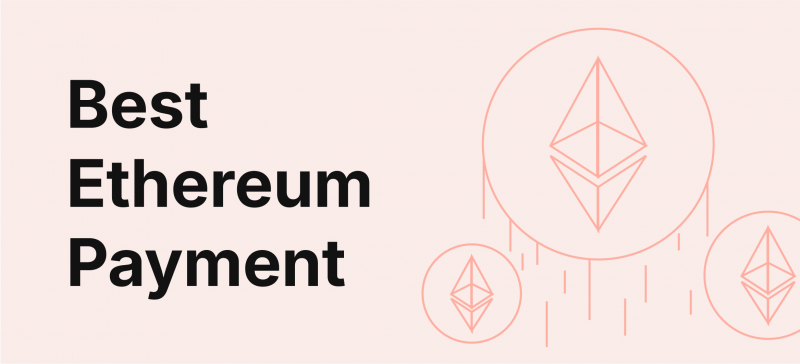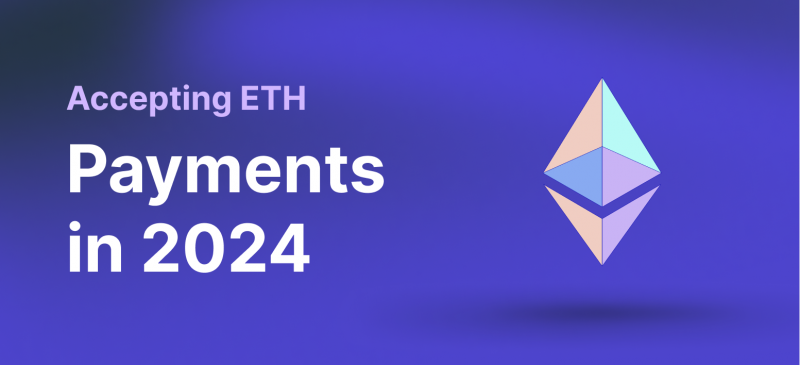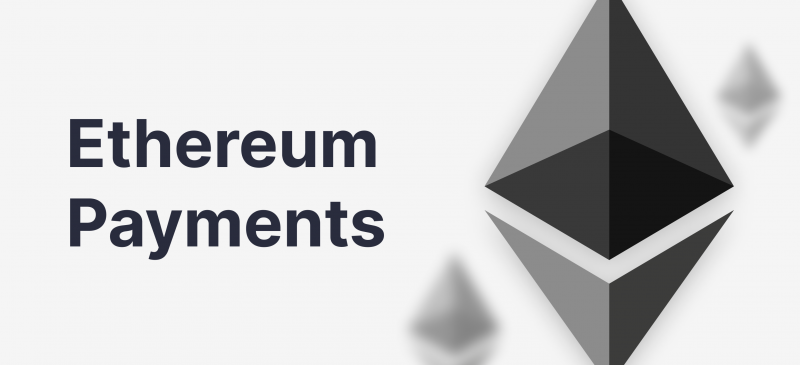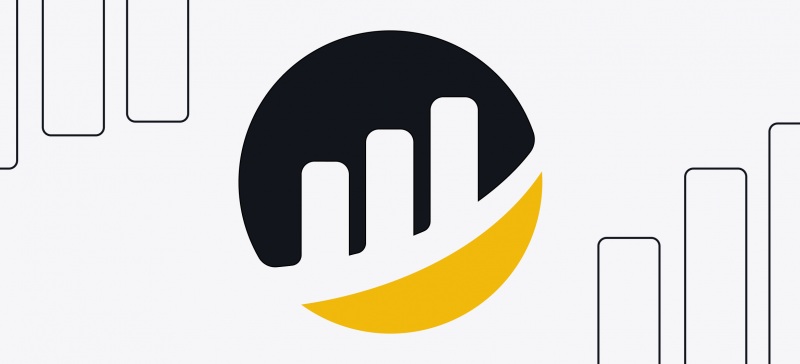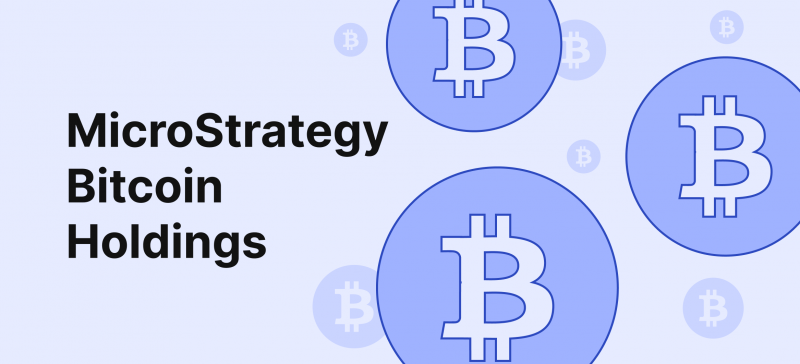Digital currencies are becoming commonplace in the financial ecosystem. According to a recent Chainalysis report, global crypto activity and adoption surged significantly between Q4 2023 and Q1 2024, surpassing levels seen during the 2021 bull market. E-commerce companies and tech startups are taking notes and increasingly looking to integrate digital currencies into their payment systems.
Ethereum is the main blockchain platform for decentralized applications and smart contracts today. Adopting Ethereum payments can open new horizons for your business. But with numerous payment gateways available, how do you choose the right one?
This guide will help you understand the role of Ethereum in payments, the benefits of integrating crypto payments, and how to select the best Ethereum payment gateway for seamless and efficient transactions.
Key Takeaways
- Ethereum payment gateways let businesses accept cryptocurrency safely and at low costs from anywhere in the world.
- When picking a crypto gateway, consider fees, what currencies they support, if they follow regulations, and how easy it is to connect with online stores.
- Many gateways automatically change Ethereum into fiat, reducing the risk of losing money from crypto price changes.
What is an Ethereum Payment Gateway?
An Ethereum payment gateway is a service that allows businesses to accept payments in Ether (ETH), the native cryptocurrency of the Ethereum network. These gateways act as intermediaries between your customers and your company, processing transactions securely on the blockchain.
Ethereum operates on a decentralized network, meaning there are no banks or middlemen involved in transactions. Instead, smart contracts, self-executing agreements written in code, handle the verification and completion of each transaction. This can provide significant advantages for you in cutting out third-party costs and streamlining your payment processes.
The gateway converts the customer’s Ethereum into a usable format for the business, which could involve direct receipt of ETH or the option to automatically convert it to fiat currencies like USD or EUR.
The Benefits of Accepting Ethereum Payments
Adopting Ethereum payments brings several benefits, particularly for businesses looking to appeal to tech-savvy consumers or those in international markets:
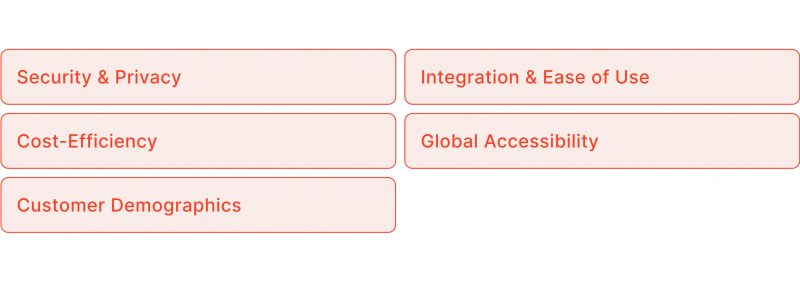
Security & Privacy
Ethereum payment gateways benefit from blockchain technology’s inherent security. Transactions on the Ethereum network are encrypted and immutable, meaning they cannot be altered once confirmed. This eliminates the risk of chargebacks that often plague traditional payment methods.
Smart contracts provide an additional layer of security, ensuring that payment terms are automatically executed when both parties fulfill their obligations. This is particularly useful for businesses that require trustless transactions.
In terms of privacy, Ethereum transactions are pseudonymous, meaning that users are identified by their wallet addresses, not by personal information. However, businesses may still need to follow Know Your Customer (KYC) to verify customers’ identity and Anti-Money Laundering (AML) regulations to prevent illegal activities such as money laundering or terrorism financing. Many payment gateways help businesses manage these aspects.
Integration & Ease of Use
Many Ethereum payment gateways are designed to integrate seamlessly with popular e-commerce platforms like Shopify, WooCommerce, and Magento. You don’t need to be a tech expert to start accepting Ethereum payments. Look for gateways that offer easy-to-use dashboards, clear documentation, and customer support to simplify the process.
Cost-Efficiency
Compared to traditional payment processors such as PayPal, Ethereum payment gateways often come with lower transaction fees. For small and medium-sized businesses (SMBs), even minor fee reductions can add up to significant savings over time. Ethereum’s decentralized nature removes the need for costly intermediaries, meaning businesses pay only the small gas fees required to process transactions on the Ethereum blockchain.
Global Accessibility
Because Ethereum operates on a decentralized global network, businesses can accept payments from anywhere in the world without needing to worry about currency conversion fees, cross-border regulations, or delays caused by intermediaries. This makes Ethereum particularly attractive for businesses with international customers or partners.
Customer Demographics
Accepting Ethereum payments can help businesses tap into a new customer base: cryptocurrency users. This group tends to be younger, tech-savvy, and often seeks businesses that align with their values of decentralization, privacy, and innovation. Offering Ethereum as a payment option can set your business apart from competitors who only accept traditional payment methods.
Factors to Consider When Choosing an Ethereum Payment Gateway
Choosing the right Ethereum token payment gateway for your business requires careful consideration of various factors, including fees, regulatory compliance, and ease of integration. Below are the most important elements to weigh:
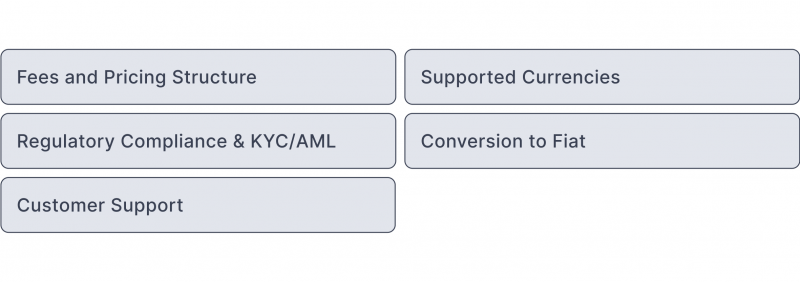
Fees and Pricing Structure
Not all Ethereum payment gateways charge the same fees. Some gateways might charge a flat transaction fee, while others may have a percentage-based fee structure. Additionally, certain services may include setup fees, subscription fees, or withdrawal fees.
- Transaction fees: These are typically a percentage of each transaction and can vary between different providers.
- Setup and subscription fees: Some services charge a one-time setup fee or a monthly subscription fee for using their services. These are more common in enterprise-level solutions.
- Withdrawal fees: Gateways that convert ETH into fiat currency may charge an additional fee when you transfer funds to your bank account.
It’s important to evaluate these costs in relation to your business’s revenue model and transaction volume.
Supported Currencies
While you may be primarily interested in accepting Ethereum, you should consider whether a payment gateway supports other cryptocurrencies as well. Many businesses prefer gateways that handle multiple coins (e.g., Bitcoin, Solana, or stablecoins like USDC and USDT), giving them the flexibility to offer customers more payment options. This can broaden your customer base by catering to users who may prefer different digital assets.
Regulatory Compliance & KYC/AML
As cryptocurrencies have gained popularity, governments have introduced stricter regulations surrounding their use. Many payment gateways now require businesses and their customers to undergo KYC checks.
Additionally, gateways must comply with AML regulations. When choosing an Ethereum payment processor, ensure that it adheres to these regulations, especially if you operate in a region with strict crypto laws. Failing to comply could result in penalties or even the loss of your ability to accept ETH payments.
Conversion to Fiat
Volatility is a common concern when accepting cryptocurrencies like Ethereum. Prices can fluctuate wildly, impacting the value of your sales if you hold Ether for too long. Many ETH payment methods offer the option to automatically convert payments into fiat currency (USD, EUR, etc.) at the time of the transaction, reducing your exposure to volatility.
While converting to fiat offers security against price swings, it’s important to consider how this fits into your long-term strategy. Holding Ethereum could offer higher returns if its value increases, but it also comes with higher risk.
Customer Support
Since cryptocurrency transactions are irreversible, any issue with a payment gateway can have serious consequences. Therefore, it’s critical to choose a provider that offers reliable customer support. Look for gateways that provide 24/7 support, particularly if your business operates internationally and in multiple time zones.
Customer support can also be crucial during the integration phase. If you encounter issues with your Ethereum payment gateway API or need help troubleshooting, fast and knowledgeable support can save time and prevent lost sales.
Top Ethereum Payment Gateways
Here are some of the most popular Ethereum payment gateways and how they stack up in terms of fees, integration, security, and features.
B2BINPAY
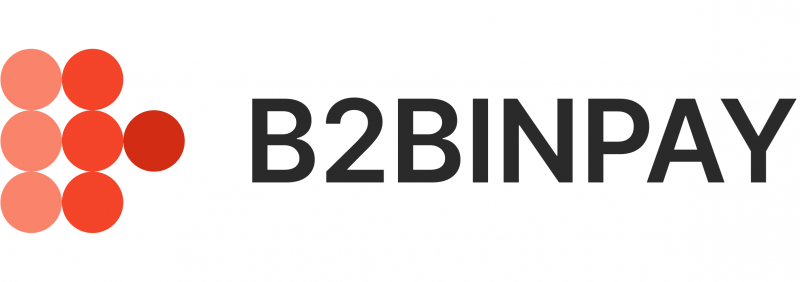
B2BINPAY is an all-in-one crypto ecosystem, enabling businesses to send, receive, store, and exchange cryptocurrencies. It offers a unified account for both merchant and enterprise needs, simplifying registration and usage.
Supporting multiple blockchains like Bitcoin, Ethereum, Polygon, Solana, Arbitrum, and others, it allows seamless transactions with a wide range of crypto and fiat currencies.
Fees:
- For Wallet-as-a-Service: 0.05%-0.025%,
- For Merchants: 0.25%-0.4%
- Bank withdrawals: 0.5%
Pros:
- All-in-one solution for businesses eager to accept crypto,
- Supports 130+ cryptocurrencies and 10 blockchains,
- Easy to set up.
BitPay
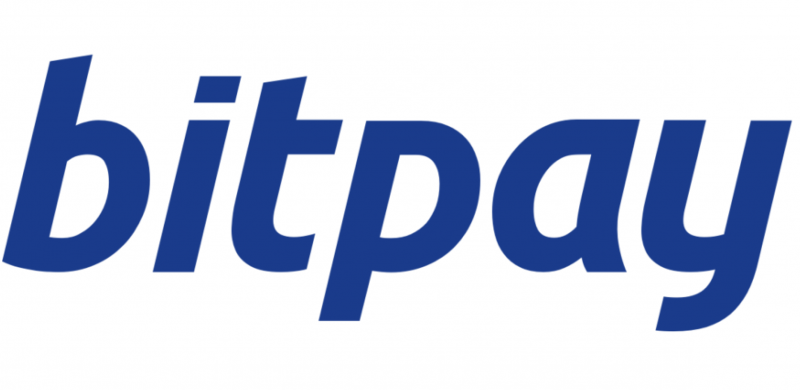
BitPay is a crypto payment processor that allows businesses and individuals to send, receive, store, and exchange cryptocurrencies. It supports over 60 cryptocurrencies, including BTC, ETH, and DOGE, with a secure multi-sig wallet and mobile app.
Businesses can accept crypto payments in multiple currencies and settle invoices in fiat or crypto. BitPay also offers a crypto debit card, enabling users to spend their BTC with over 250 brands.
Fees:
- Processing fee: 1-2% + $0.25
- Card transaction fee: 3% (free in the USA)
Pros:
- All crypto wallets supported, 90+ and growing,
- No setup fees and no monthly minimums,
- Easy card payments.
Coingate

CoinGate is a Lithuanian-based payment gateway offering cryptocurrency payment processing for businesses of all sizes. It supports various integration options, including payment buttons, web PoS, and plugins for major e-commerce platforms.
Coingate allows businesses to accept ETH payments and automatically convert them to fiat currencies like USD or EUR. It integrates with major platforms like WooCommerce and Magento.
Fees:
- Transaction fee: 1%
Pros:
- POS applications for various platforms like Android, IOS, and Windows,
- Real-time integration with e-commerce,
- Fiat payouts to bank accounts.
Coinbase Commerce

One of the most well-known names in crypto, Coinbase Commerce allows businesses to accept multiple cryptocurrencies, including Ethereum. It also integrates easily with e-commerce platforms like Shopify.
It supports a wide range of cryptocurrencies, including BTC, ETH, and USDC, and offers easy onboarding with flexible integration options for merchants, brokers, and exchanges. Businesses benefit from secure transactions, deep liquidity, and reliable payout management at fixed conversion rates.
Fees:
- Transaction fee: 1%
Pros:
- Secure payment processing backed by Coinbase,
- Business reporting and flexible invoices,
- Easy integration and onboarding.
CoinsBank
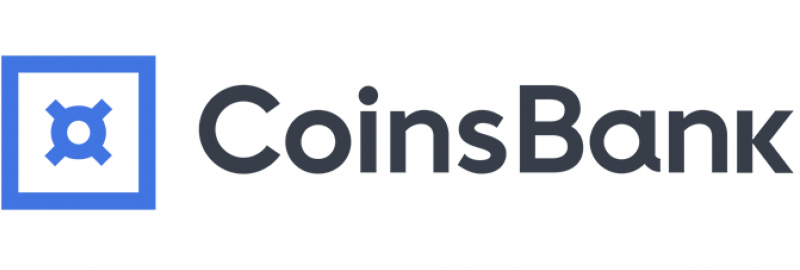
CoinsBank is an all-in-one blockchain gateway offering wallet, exchange, merchant, and corporate accounts. It supports multiple fiat currencies and cryptocurrencies, including USD, EUR, BTC, ETH, and XRP.
Users benefit from free internal transfers, easy trading tools, and a mobile app for managing payments and currency conversion. Regulated by the IFSC of Belize, it provides secure services with premium support and API integration for businesses.
Fees:
- Processing fee: 0.5%
- Bank transfers: 0.5%-3%
Pros:
- All-in-one crypto gateway solution,
- Flexible payout settings,
- Easy setup.
Security Considerations
Security is a paramount concern when it comes to cryptocurrencies. Here are a few critical security features to look for in an ETH payment gateway:
- Multi-Signature Wallets: This feature requires multiple signatures to authorize a transaction, adding an extra layer of security.
- SSL Encryption: Ensure that the gateway uses SSL encryption to protect sensitive data during transmission.
- Two-Factor Authentication (2FA): Gateways that offer 2FA require additional verification before granting access to accounts, which reduces the risk of unauthorized access.
- Audits: Choose a gateway that undergoes regular security audits to ensure that its systems are up to date with the latest security protocols.
How to Integrate an Ethereum Payment Gateway with Your Business
Integrating an Ethereum payment gateway may seem overwhelming, but many providers offer user-friendly solutions. Follow this step-by-step guide to streamline the process:
- Create an account: Begin by signing up with your selected gateway, which typically requires basic business information.
- API Integration: Most gateways provide an API for seamless integration into your website or app. Many also offer plugins for popular e-commerce platforms, making the process even easier.
- Testing and troubleshooting: Before launching, conduct tests with small transactions to ensure everything functions smoothly.
- Go live: Once you’re confident in the integration and have successfully completed test transactions, you’re ready to go live and start accepting Ethereum payments from customers.
Conclusion
Choosing the right Ethereum payment gateway is a crucial step in integrating cryptocurrency into your business. Whether you’re a small shop looking to reduce transaction fees or an international brand eager to tap into a global customer base, Ethereum payments can offer a secure, cost-efficient, and future-proof solution.
By considering factors like fees, security, regulatory compliance, and integration ease, you can select a gateway that meets your needs and sets your business up for success in the world of digital payments.
FAQ
How fast are Ethereum payments?
Ethereum transactions typically take a few minutes, though this may vary depending on network traffic.
Do I need to understand blockchain to integrate a payment gateway?
No, most payment gateways offer easy-to-use APIs or plugins, allowing you to integrate them without needing in-depth blockchain knowledge.
Can I accept both fiat and crypto payments on the same platform?
Yes, many Ethereum payment gateways offer fiat conversion options, allowing you to accept cryptocurrency while receiving payments in traditional currencies like USD or EUR.
Is PayPal using Ethereum?
Yes, PayPal allows users to buy, transfer, and sell cryptocurrencies, including Ethereum. It also recently added the new stablecoin, PayPal USD (PYUSD), to its list of supported cryptocurrencies.
